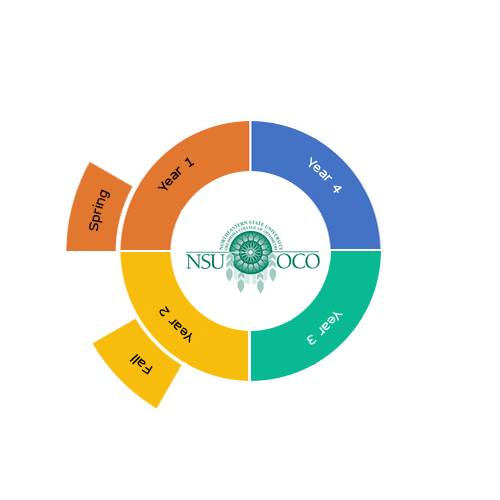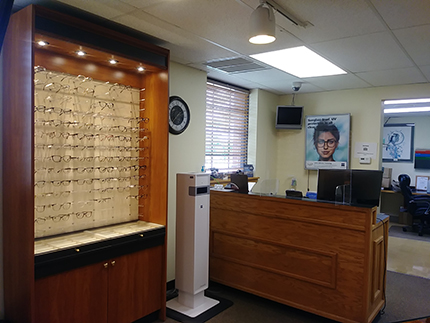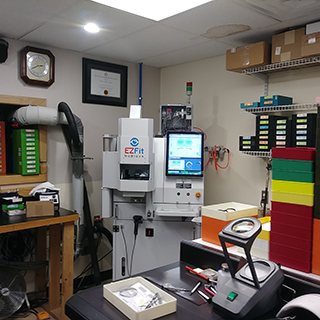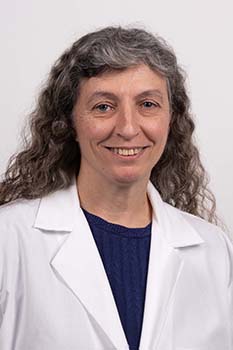School Screening

Public and private schools may request that their students be screened by the College of Optometry. This request may be processed through the School Screening Service Chief or through the College Administration Office which will forward the call or message to the School Screening Service Chief. Students do not need to be IHS eligible to be seen as part of a school screening. These external school screenings are conducted in the Fall and Spring semester, and are staffed by First Year students in the spring and Second Year.


Meet the Clinic Chief:

Earlena McKee, O.D.
Assistant Dean for Clinical Affairs
mckeeef@nsuok.edu
918-444-4051
Profile
